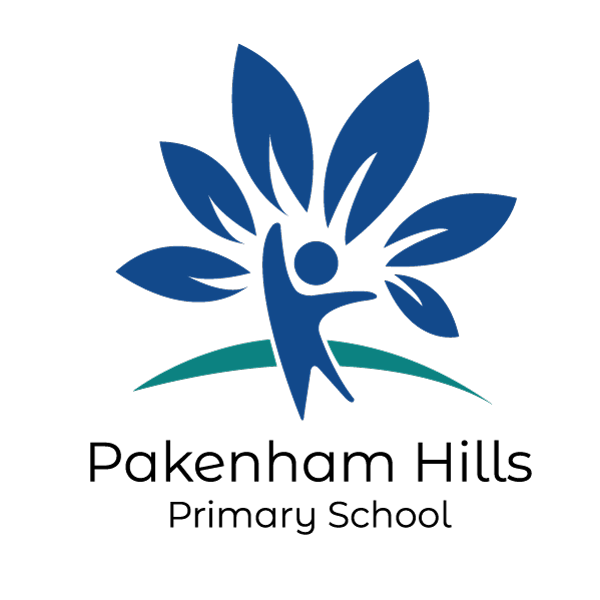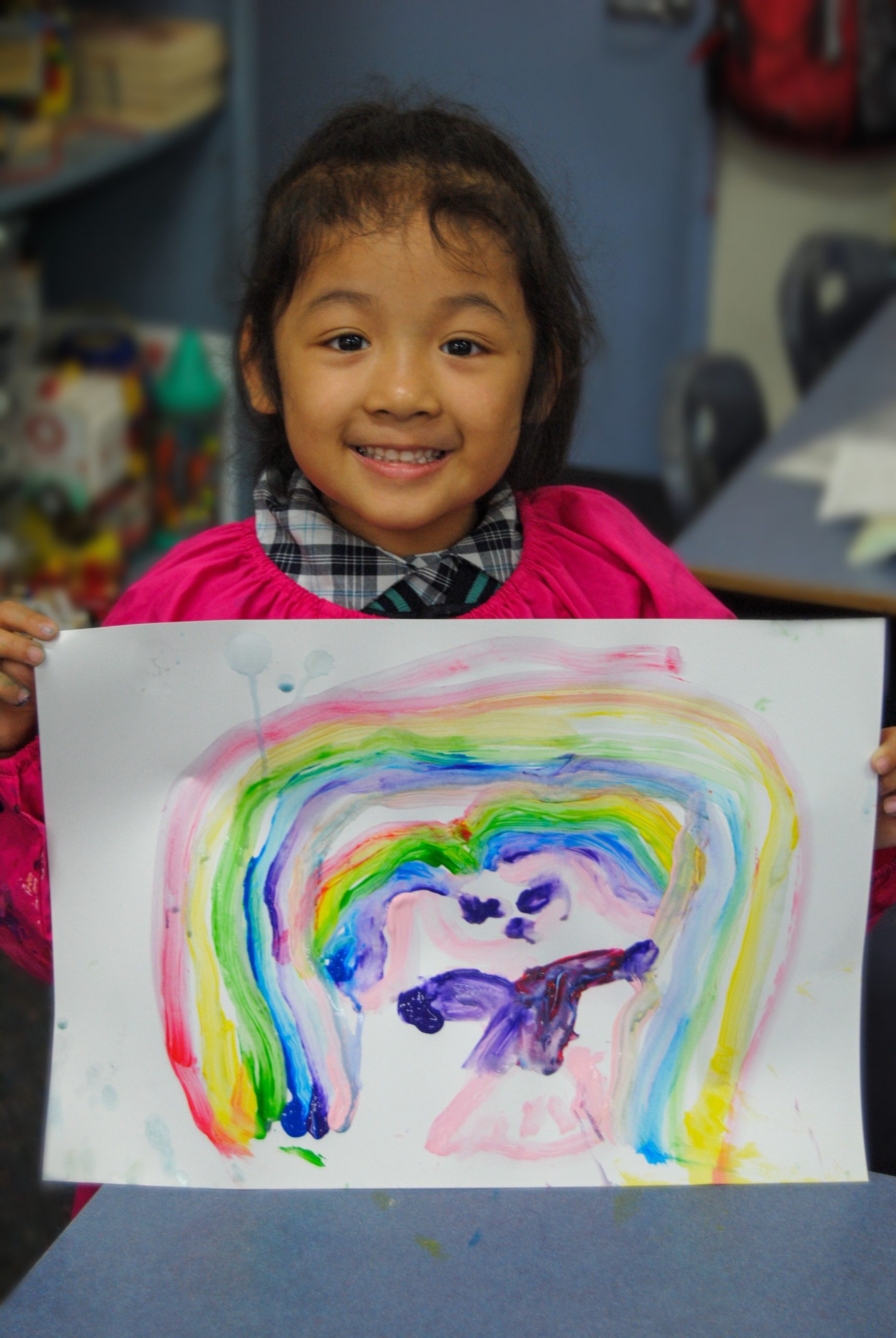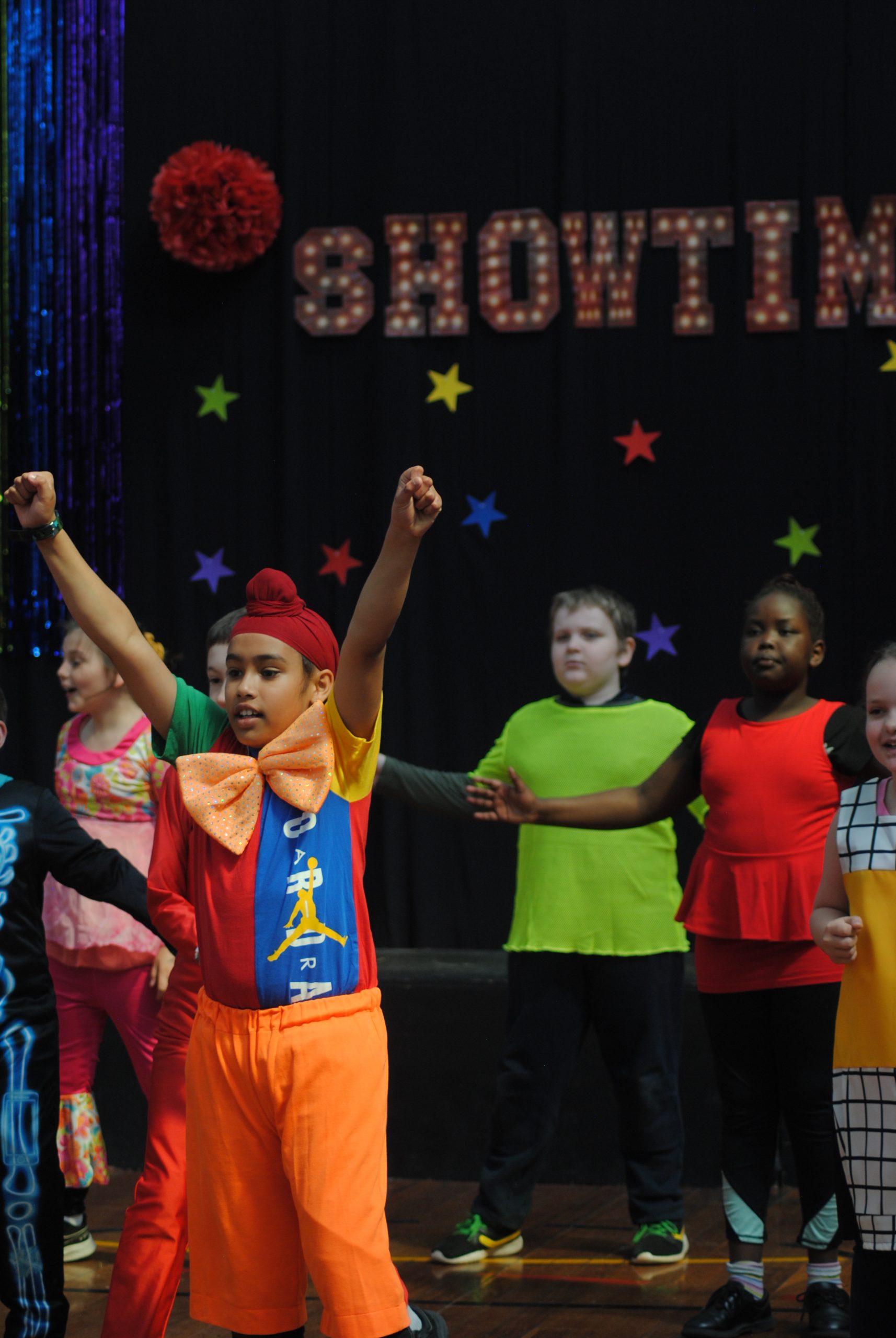Curriculum
Find out more about the curriculum at Pakenham Hills
At Pakenham Hills Primary School, our teaching programs are created based on the Victorian Curriculum and assessment data gathered about the skills and abilities of our students. Teams of teachers plan together to deliver a comprehensive curriculum to engage and prepare students for the challenges of primary and secondary school. Our school motto, ‘Life is for Learning’ also informs our instruction as we foster a love of learning and the development of a growth mindset. Teachers report against the relevant curriculum achievement standards twice a year and produce semester reports to update parents on their child’s learning. Throughout the year, teachers are also available to meet with parents upon request to discuss a student’s progress.
In the classroom, learning intentions are shared with students at the beginning of each lesson to make explicit the learning about to occur. Success criteria, in the form of ‘I can’ statements, are also shared with students to describe the steps needed to achieve the learning intention. These statements are linked to our curriculum objectives and students’ learning goals. Through our PHPS instructional model, which is based on the Gradual Release of Responsibility model, students review prior learning, receive explicit instruction on new learning, participate in guided practise with the teacher and their peers, with corrective feedback provided by the teacher, before attempting independent practise. At the end of the lesson, learning is reviewed, assessed and reflected on.
Students requiring additional support or extension in any learning area are provided with Learning Statement (LS) or an Individual Learning Plan (ILP). These documents are developed by teachers, in consultation with students and parents if appropriate, and details the goals and strategies necessary to continue learning growth. These are shared with students and parents to promote student agency and develop the home-school partnership. These documents are reviewed formally every 6 months, with new goals selected for the upcoming semester. In some cases, a Student Support Group (SSG) meeting be held between teachers, parents and any required support services to discuss the goals set out and review progress made.
Many classes at Pakenham Hills Primary School are supported by a full-time Education Support staff member who works with individual students or small groups to support learning or provided additional support which is relevant to a student’s Learning Statement or Individual Learning Plan.
Assessment is ongoing at Pakenham Hills Primary School and used to inform teachers’ teaching and planning. Through pre-testing and post-testing, teachers measure their students’ growth and reflect on how methods of instruction have been effective. If appropriate, this information is also shared with students and parents so that they can share in celebrating growth. Informal, formative assessment occurs daily in our classrooms through short activities on mini-whiteboards and questioning of all students. Teachers use a range of strategies to check the understanding of all their students and use the information to adapt their current or future lessons. A range of tools are used for assessment at our school, including: ACER PAT tests, Essential Assessment, English and Maths Online Interviews, Jolly Phonics Sound Check and Sparkle Assessment (from Decodable Readers Australia). Our Year 3 and Year 5 students also undertake NAPLAN tests in March of each year.
We are also able to offer additional support for students who need to revise prior learning through our Intervention programs, Starting to Achieve Reading Success (STARS) and Getting Ready in Numeracy (GRIN). These daily, short, small-group interventions are provided to students who have been identified through data analysis as requiring support. Their progress in the intervention is reviewed through assessment and discussions between the intervention and classroom teachers. For students requiring extension, our school has a High Ability Practise Leader (HAPL), who facilitates student participation in the Victorian High-Ability Program (VHAP) and Victorian Challenge and Enrichment Series.
Students at Pakenham Hills Primary School learn to read and write through a structured literacy approach. This approach reflects current research on best practices for teaching, drawn from the Science of Reading and Learning, and a range of evidence-based strategies. At the beginning of their school journey, students are supported to learn phonological awareness skills, which help them tune into sounds, rhymes and syllables. This leads to daily phonics lessons, where students participate in the Jolly Phonics program, which is a systematic, synthetic and multi-sensory phonics program. This has been adapted by our teachers to suit our context and the needs of our students. Students learn sets of letter sounds, with matching Cued Articulation actions, and practise applying these by blending and segmenting words. For example, once students learn the first three sounds – /s/, /a/, /t/ – they practise reading words like at and sat by sounding them out. Our school is currently investing in a range of high-quality decodable readers to match our phonics program which will support in class and home learning. Students are asked to learn some ‘Tricky Words’ by sight, which are irregular words or high-frequency words that include sounds they haven’t learnt yet but are necessary to read books, e.g. the, they. Students’ progress through the program is continually monitored and additional support is applied through revision or in class intervention.
Through our reading lessons, students receive opportunities to develop their oral language skills, receive explicit vocabulary instruction and are supported to develop their comprehension through book studies. These lessons focus on building up students’ vocabularies and background knowledge in a variety of areas through high-quality literature. Students are also supported to develop their fluency when reading through daily opportunities to read aloud.
In Writing lessons, students begin to learn to write by developing their fine motor skills and ability to form letters correctly. Using their understanding of phonics, they learn to write short decodable words and sentences. Explicit instruction around the parts of a sentence and sentence construction ensures students have a strong grasp of what a sentence must include in order to make sense. This supports their ability to write longer, more complex sentences and paragraphs. Alongside this, the genres of writing are taught, including recount, narrative and persuasive writing, and practised. Students write about real life experiences or texts that they have read in class, and are encouraged to experiment with vocabulary and sentence structures as they find their voice as an author.
At PHPS, we aim to promote and foster an “I can do it” attitude (growth mindset) in all students towards mathematics. Teachers provide experiences that encourage student engagement and opportunities for students to struggle productively with maths problems. Teachers plan tasks that allow for differentiation and collaboration so that all students can participate at their level of development. They give regular constructive feedback and celebrate successes. Importantly we aim to teach concept before procedure so that students can reason and apply procedures accurately and efficiently to solve problems. We encourage all students to think and talk about their reasoning and to be ready to justify their responses and solutions.
Teachers base their mathematics planning on a robust understanding of the Victorian Curriculum, its Learning Progressions, Numeracy Focus Areas and Big Ideas in Number. We use formative assessment and regularly check for students’ understanding within each lesson.
Learning Support
Some children need support with their learning for a variety of reasons. Let’s work together!
Learning Support at Our School
Learning Support incorporates the expertise of staff and the wider resources of the Department of Education and Early Chilhood Development to assess, develop, implement and evaluate individual and small group programs which address the individual needs of children.
Education Support Staff (ESS)
Our Education Support Staff work closely with classroom teachers to support students with learning differences.
Language Support Program (LSP)
Our Language Support Program aims to achieve “age appropriate speech and language development,” assisting students both individually and in small group settings.
Corrective Reading
Students requiring additional reading assistance as they prepare for the transition from primary to secondary schooling participate in our intensive corrective reading program. Students work one-on-one with a fully qualified teacher in a supportive learning environment.
English as an Additional Language (EAL)
Children need confidence and support to reach their full potential. The EAL program is designed for children with individual needs associated with learning English as an additional language, including speaking and listening, vocabulary building, reading, writing, grammar and spelling.
Arts
The Visual Arts
At PHPS students experiment with a range of mediums and techniques. These include drawing, painting, printmaking, sculpture and multimedia.
They learn about artists and their practices from various times and cultures. Through this process students develop understanding about the world they live in and the part they play in that world. Engaging with the visual arts, students at PHPS have a safe place to explore their world, take risks, and face challenges, a space for their curiosity and imagination.
We also have fun!
School Concert
Our annual School Concert is a performing arts event incorporating dance, drama and design. It gives our students an opportunity to express their creativity through music and dance by performing in front of a live audience at a professional theatre. Our whole school community work together helping to prepare the school’s performance, reflecting the personalities, concerns, hopes and dreams of those who create it.
The School Concert provides an opportunity for students to develop social skills and self-confidence by working collaboratively with their peers, teachers and parents. It is very entertaining and most importantly FUN for the students involved! Participants go away with the feeling that they accomplished a goal and learn how important it is to work together as a team.
Music
PHPS Performing Arts Program
Here at Pakenham Hills we take great pride in our students’ learning in the Performing Arts. The students participate in weekly Performing Arts lessons which include activities in listening, singing, playing, improvising, creating and moving to music. Students are given the opportunity to learn to explore the elements of music, drama and dance using a range of instruments, props and prompts.
Each year we produce a whole-school concert in which all students are involved in creating, choreographing and performing class items. Senior students also have the opportunity to audition for and perform in individual roles, as well as taking on backstage and creative roles.
Dance
Dance is a regular part of weekly Performing Arts classes, and ranges from free movement to more structured pieces, planned and taught by a qualified dance teacher.
Our school supports 16 dedicated students to participate in the Victorian State Schools Spectacular each year. These students practice multiple time per week leading up to their performance at John Cain Arena.
Other dance group and performance opportunities agree also offered throughout the year.
Drama
Students learn a range of dramatic and performance skills including how to use the voice, body and facial expressions to represent a range of emotions and characters. Students are encouraged to create and perform their own skits as well as using more formal scripts. Students also learn the importance of costuming, makeup, lighting, music, sets and props.
Physical Education
The Physical Education program at Pakenham Hills provides students with opportunities to develop and improve the necessary skills to be able to successfully participate in a range of sports and physical activities, both within the school and the wider community.
In the Junior School (grade K-2) the emphasis in on developing the correct technique for a range of basic physical movements and fundamental skills that are required for a variety of sports and physical activities. These include, but are not limited to: throwing, catching, kicking and striking balls, running, jumping, skipping, hopping and dodging.
For those in the Senior School (grades 3-6) the emphasis is on further consolidation of the same skills as those being taught in the junior school, though with a greater focus on technique correction and applying the skills into a game situation. Students at this level also begin to explore strategies and develop their team work skills.
The skills developed over the student’s time during Physical Education classes from K to grade 4, culminates in the opportunities at the grade 5 and 6 level to participate in a range of sports in our interschool sport program. Students are also able to further showcase their skills in our Lightning Premiership sports days, where we compete against all the schools from the interschool sport competition.
In addition to the Physical Education program, the lower ends of the senior cohort (grades 3 and 4) have a dedicated sport session, where they come together and play a round robin against each other. These sports/games are changed every three weeks and emphasize the skills being taught during their Physical Education class. This also prepares students to take part in interschool sport competition when they are in grade 5 and 6.
As Physical Education classes are only held once a week, participation is highly encouraged, so please remember to support your child to give it their best when they come to their weekly Physical Education lesson.
Auslan
At Pakenham Hills we are excited to be offering Auslan as a language other than English (LOTE). The students learn to understand the important role language has in culture and notice differences between Auslan and spoken languages. The children will achieve this through games, interacting and sharing stories.
Children will use familiar signs to present information about themselves, family, people, places and things. They will express imaginative experiences through creative games and role-play. Auslan will see students participate in group learning activities that involve taking turns, playing action games, making choices or swapping and classifying items.
Students will learn to communicate their emotions with the use of Non Manual Features and understand how to enhance meaning in their signing. They will also translate words used everyday from English to Auslan and vice versa.
We are looking forward to implementing Auslan at Pakenham Hills as another means of communication for our diverse range of students.
Jolly Phonics
We can already see how this amazing program is helping our students learn and use the letter sounds. Students are excited for Jolly Phonics lessons and love learning a new sound each day. Students particularly like the songs and actions.
|
The five skills taught in Jolly Phonics
1. Learning the letter sounds Children are taught the 42 main letter sounds. This includes alphabet sounds as well as digraphs such as sh, th, ai and ue. 2. Learning letter formation Using different multi-sensory methods, children learn how to form and write the letters. 3. Blending Children are taught how to blend the sounds together to read and write new words. 4. Identifying the sounds in words (Segmenting) Listening for the sounds in words gives children the best start for improving spelling. 5. Tricky words Tricky words have irregular spellings and children learn these separately. |




